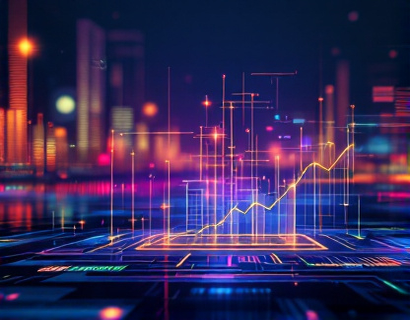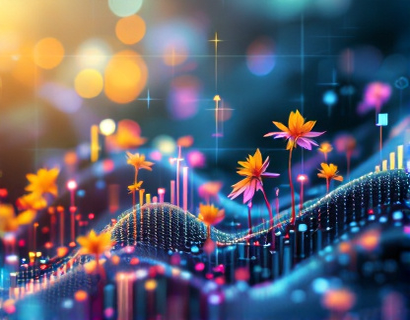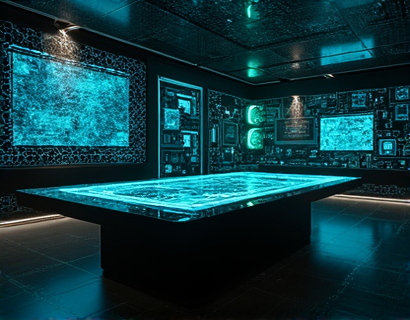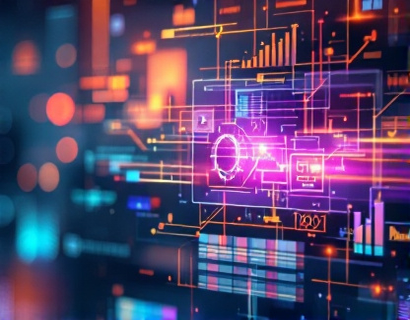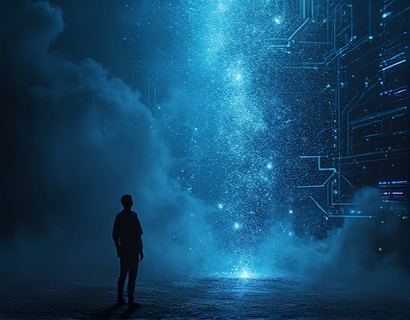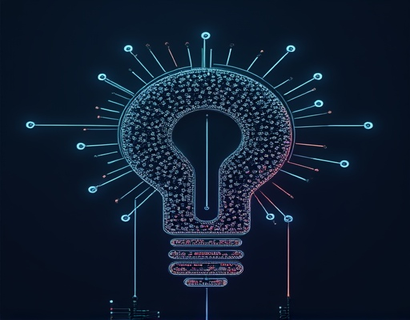AI-Powered Music Composition: Transforming Artistry with Intelligent Software
The integration of artificial intelligence in music composition has ushered in a new era of creativity and innovation in the music industry. This technological advancement offers musicians and creators unprecedented tools to streamline their composition and production processes, significantly enhancing both creativity and sound quality. The advent of AI-powered music composition software has opened up new avenues for artistic expression, making it easier than ever for both seasoned professionals and emerging talents to bring their musical visions to life.
Understanding AI in Music Composition
AI in music composition leverages machine learning algorithms to analyze vast datasets of musical compositions, identifying patterns, structures, and styles. These algorithms can generate melodies, harmonies, and even entire tracks based on the input provided by the user. The technology can mimic various genres and styles, from classical to pop, and even blend different musical influences to create something entirely new. This capability not only saves time but also inspires creators by offering fresh perspectives and ideas they might not have considered otherwise.
Enhancing Creativity with Intelligent Tools
The primary advantage of AI-powered music composition software is its ability to augment human creativity. Rather than replacing the artist, these tools act as collaborative partners, providing suggestions and variations that can spark new ideas. For instance, a composer can input a few notes or a chord progression, and the AI can generate multiple variations, each with its unique twist. This interaction between human intuition and machine learning fosters a creative environment where artists can explore uncharted territories in their music.
Streamlining the Composition Process
Traditional music composition can be a time-consuming and labor-intensive process, involving hours of experimentation and revision. AI-powered tools significantly reduce this workload by automating repetitive tasks such as chord progression generation, melody creation, and even rhythm design. This efficiency allows artists to focus more on the creative aspects of their work, such as lyrical content, arrangement, and emotional expression. The software can handle the technicalities, freeing up valuable time for the musician to refine and perfect their art.
Improving Sound Quality
Sound quality is a critical aspect of music production, and AI technology has made significant strides in this area. Advanced algorithms can simulate high-fidelity instruments and acoustic environments, ensuring that the generated music sounds professional and polished. Additionally, AI can assist in noise reduction, equalization, and mastering, further enhancing the overall quality of the final product. This capability is particularly beneficial for independent artists who may not have access to expensive studio equipment or professional engineers.
User-Friendly Interfaces
One of the most significant advantages of AI-powered music composition software is its user-friendly interface. Designed with both beginners and experts in mind, these tools offer intuitive features that make the music-making process accessible to everyone. Visual interfaces, drag-and-drop functionality, and step-by-step guides ensure that users can navigate the software with ease. This accessibility democratizes music creation, allowing a broader range of individuals to participate in the artistic process.
Customization and Personalization
AI music composition tools are highly customizable, allowing users to tailor the software to their specific needs and preferences. Parameters such as tempo, key, genre, and mood can be adjusted to match the desired outcome. This level of personalization ensures that the generated music aligns perfectly with the artist's vision. Moreover, the software can learn from the user's preferences over time, providing more accurate and relevant suggestions in future sessions.
Collaboration and Community
The rise of AI in music composition has also fostered a sense of community among musicians and creators. Online platforms and forums dedicated to AI music tools enable users to share their work, exchange ideas, and collaborate on projects. This collaborative environment not only enhances the creative process but also provides a support system for artists navigating the challenges of the music industry. The shared knowledge and resources within these communities can be invaluable for both new and experienced creators.
Challenges and Considerations
While AI-powered music composition offers numerous benefits, it is essential to acknowledge some challenges and considerations. One concern is the potential for over-reliance on technology, which could stifle genuine creativity. It is crucial for artists to maintain a balance between using AI tools and relying on their own artistic instincts. Additionally, the quality of the generated music heavily depends on the quality of the input data and the algorithms used. High-quality training datasets and sophisticated algorithms are necessary to produce truly compelling music.
Future Prospects
The future of AI in music composition is promising, with ongoing advancements expected to further enhance the capabilities of these tools. As machine learning algorithms become more sophisticated, the ability of AI to understand and replicate human creativity will improve. We can anticipate more seamless integration of AI with other music production technologies, such as virtual reality and augmented reality, creating immersive musical experiences. The potential for AI to assist in music education and therapy is also an exciting area of development, making music more accessible to a wider audience.
Conclusion
AI-powered music composition software represents a revolutionary shift in the way music is created and produced. By combining the power of artificial intelligence with human creativity, these tools offer unprecedented opportunities for artists to explore new dimensions of musical expression. Whether you are a professional musician or an aspiring creator, embracing AI in your music-making process can elevate your artistry and unlock new levels of creativity and sound quality. As the technology continues to evolve, the possibilities for musical innovation are endless.



